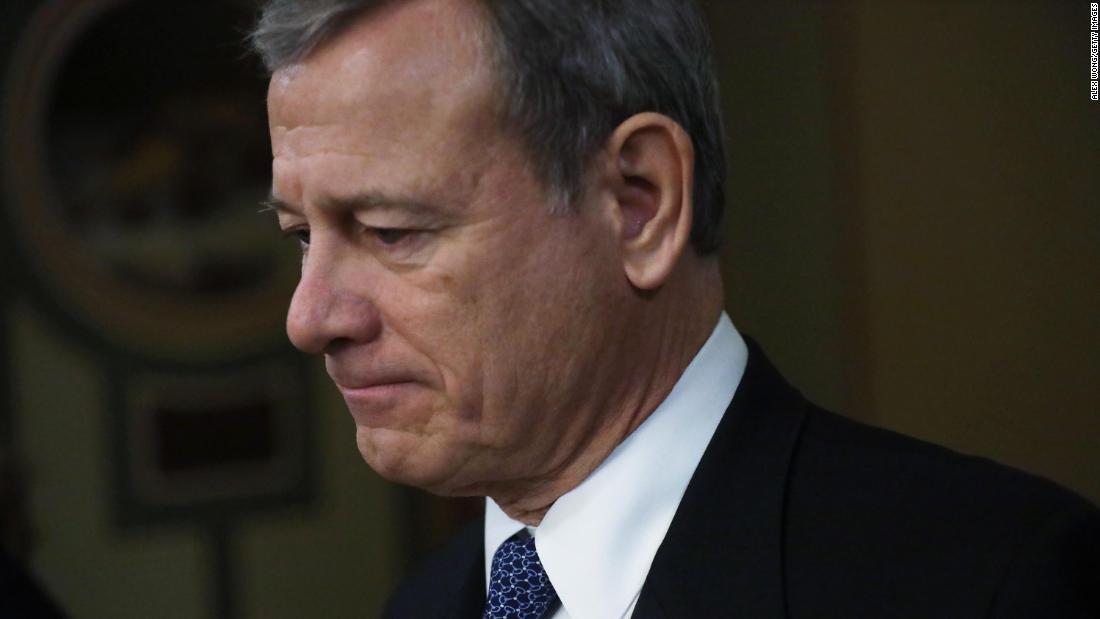
Jackson Women's Health Organization have laced their briefs with lines from Roberts' opinions regarding abortion rights and the value of adhering to precedent or, alternatively, discarding it.
Unlike the distinct procedural dispute in the Texas case, the Mississippi abortion controversy goes right to the heart of abortion rights, testing whether women nationwide have a right to end a pregnancy before viability.The Reagan and Bush years After graduating from Harvard law school and completing a Supreme Court clerkship with then-Associate Justice William Rehnquist, Roberts joined the Reagan administration in 1981.The high court had grounded the right to end a pregnancy in the Fourteenth Amendment's due process guarantee of personal liberty and relied on past cases affirming personal privacy rights.
Bush chose him first for a US appellate court and then elevated him to the Supreme Court, Roberts said his arguments on behalf of past administrations reflected his professional advocacy and not necessarily his personal views.
Critics called it "partial birth abortion." The 2007 Supreme Court decision essentially reversed a 2000 ruling that had invalidated a similar prohibition on the procedure under Nebraska law.
The Supreme Court's next major abortion case came nearly a decade later, in 2016, and Roberts dissented as the majority struck down Texas requirements that physicians who perform abortions obtain "admitting privileges" at a local hospital and clinics convert to costly, hospital-grade facilities.Roberts said he still disagreed with the 2016 decision but would follow it as precedent.
Mississippi officials assert that "Roe and Casey are indefensible," and they retrieve lines from Roberts' opinion in the 2020 Louisiana case suggesting the balancing of government interests and women's reproductive rights should be left to "legislators, not judges." Mississippi's lawyers highlight Roberts' vote and concurring opinion in the 2010 case of Citizens United v."Stare decisis's 'greatest purpose is to serve a constitutional ideal -- the rule of law,'" the Mississippi state lawyers write, adopting Roberts' phrasing from 2010 and arguing that "adhering to Roe and Casey 'does more to damage this constitutional ideal than to advance it.'" A group of constitutional law scholars backing the Jackson Women's Health Organization counter those arguments with other lines from Roberts' Citizens Union opinion, noting he wrote that "Fidelity to precedent—the policy of stare decisis—is vital to the proper exercise of the judicial function." Even as he voted to overturn precedent, Roberts had observed in that case that stare decisis promotes predictable development of the law, fosters reliance on rulings and contributes to perceptions of judicial integrity.Jackson Women's Health Organization itself briefly cites Citizen United as it asserts that while some may disagree with past rulings, "it is critical that judicial protection hold firm absent the most dramatic and unexpected changes in law or fact," so justices not be seen as merely exercising their own preferences.Other supporters of Jackson Women's Health Organization, including the Department of Justice, represented by the administration of Joe Biden, revive Roberts' assertion from the June Medical Services case that "for precedent to mean anything, the doctrine (of stare decisis) must give way only to a rationale that goes beyond whether the case was decided correctly." And that is the essence of the Supreme Court's loyalty to precedent.